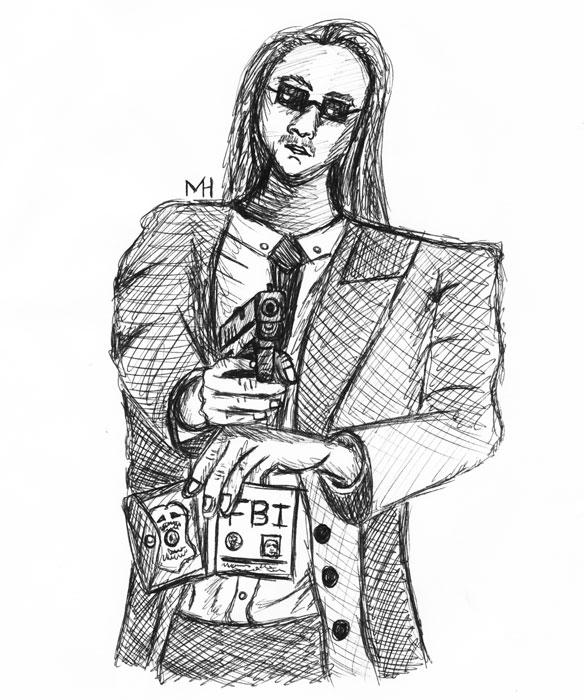The recent conflict over the government’s access to digital information is developing between the FBI and the giant technological producer Apple. This battle involves two global forces who each say they fight for the common good but clearly fight for their own invested interests.
The issue of the government trying to bypass iPhone encryptions made headlines following the San Bernardino attack on December 2, 2015. The Federal Bureau of Investigation responded to the resulting media panic by delivering a full investigation of the event.
The investigation found that the shooters were a Muslim couple who had long-planned a terror attack in the United States. The investigation then jammed when the FBI tried to access the male shooter’s iPhone for further information but couldn’t due to a privacy lock.
Until recently when the FBI announced it spent about $1.3 million to hack into the iPhone, it sued Apple Inc. for refusing to help access the information stored on the shooter’s phone. The FBI cited the need to protect citizens by accessing the information, and Apple said it wanted to protect citizens by preventing anyone from being able to bypass fundamental security locks.
Unfortunately, it is obvious neither side fights for or really cares about the citizens’ good as much as their legal premise seems.
The FBI realizes that its legal permissions don’t give it authority to directly take information from people’s digital storage and makes its job much harder, especially since more people have their lives’ data stored on their devices. Now that the FBI can bypass the phone’s security, any American with an iPhone could be vulnerable to the government’s retrieval of any of their personal information, a development that compromises personal security to make the FBI’s job easier.
Meanwhile, Apple’s masquerade of concern for consumer privacy covers its intentions to protect its own products. As one of today’s biggest producers for tech devices, this decision is primarily business driven. Apple would fall from the top of the industry if its encryption code was cracked, because no one would buy a device that anyone could hack or access.
Another FBI lawsuit against Apple, which involved trying to hack the iPhone of a Brooklyn drug kingpin, was recently dropped, where the FBI requested access to encryption codes but soon accessed the suspect’s iPhone without Apple’s help. Clearly the FBI now knows all it needs to gain access to vital data on the iPhone.
However the FBI learned to hack the iPhone took lots of time and money and will become one of its biggest tools available in investigation and prosecution. No one but the FBI and its techie help knows how usable or reliable this method is, but this could mean even closer surveillance of citizens. Despite either the FBI’s or Apple’s promise to prioritize citizens, the people were the factor that received little consideration in a conflict that screws them.
Sean Daly can be reached at [email protected] or @sdaly3orion on Twitter.









